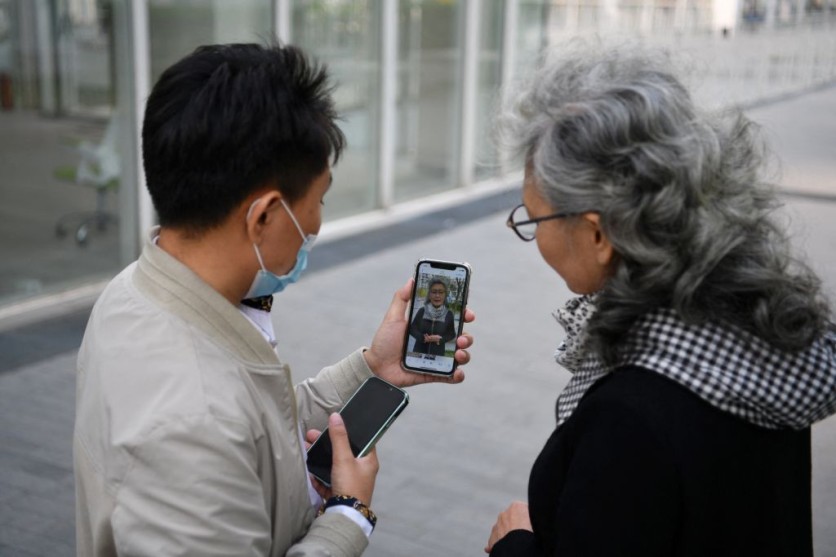
China's internet watchdog, the Cyberspace Administration of China (CAC), has revealed plans to tighten regulations on social media platforms by establishing guidelines on creating content moderation teams that are commensurate with the "scale of their service." The proposal creates fear among users as their "free speech" in the country might be eroded.
China Tightens Social Media Grip Even Further
China's move to tighten its grip on social media content creation has sparked fears among internet users that the already heavily-regulated free speech arena in the country might further erode because of the new requirements.
The new draft rule gives content moderation teams the power to pore through user comments on social media posts and the privilege to filter content that can be considered "harmful" as soon as they are posted online.
The content under the purview of the moderation teams will include original posts, replies, and real-time comments. While public consultations are set to continue until July 1, social media users are already becoming increasingly concerned about the costs tech companies will have to incur to comply with the upcoming guidelines.
How Are China's Internet Users Taking The Upcoming New Rules?
Sentiments reflect the fear of internet users that the new regulatory amendment will only embolden China's approach to the censorship of the internet.
Vincent Brussee, an academic expert from the Mercator Institute for China Studies, spelled out his fears about China's move to establish stricter controls on online content and civic discussion. However, Brussee believes that the new regulations won't be enough to police all comments that can be categorized by the content moderation teams as "harmful," especially as soon as they are online.
"Comments are an increasingly popular feature, and the regulations - now over five years old - have to keep up with the times," Brussee says.
The regulations also revealed that the responsibility for the quality of the comments on any particular post also involves the author of the content in question. Provisions on this aspect might create a chilling effect on creators and influencers, according to some reports. This is because every author of any digital media posted online can now be held accountable for the comments posted by other users on their content.
Will The New Regulations Stifle Free Speech?
The chilling effect can extend even to people who participate in online, real-time discussions. Netizens in China also share sentiments about the new regulations. Among the worries cited is the need to constantly and religiously monitor the comments posted on their content. The need to police each comment might hamper the free flow of thoughts on any content's creator and consumer side.
Civic discussions, considered pillars of a free exchange of ideas, might also be made less engaging because of the worries about China's new content moderation provisions. So far, there are no statements yet from social media platforms in China. However, most of them have been known already to strictly filter content with advanced algorithms that parse through any information using keyword-filtering mechanisms.
Tighter rules, however, are likelier to push users to be more creative in approaching content creation and expression of ideas in order to avoid censorship and exclusion in online civic discussion.
![Apple Watch Series 10 [GPS 42mm]](https://d.techtimes.com/en/full/453899/apple-watch-series-10-gps-42mm.jpg?w=184&h=103&f=9fb3c2ea2db928c663d1d2eadbcb3e52)



